For the season of Advent I will be offering a weekly column at Patheos on practices for Advent to nurture our intimacy with creation:
As we enter these four weeks of Advent, we cross into a holy time when the scriptures are filled with images of expectancy as we await the coming of a God who enters into the heart of this world. I invite you during these next four weeks to embrace this season as a time to tend to your relationship to creation. As we anticipate the way holiness becomes enfleshed, we are called to reflect on the ways we honor the sacred embodied in the world, what theologian Sallie McFague describes as God’s body.
In 2003, the Canadian Catholic Bishops published a pastoral letter on the Christian ecological imperative. They described three responses to which we are called:ascetic, prophetic, and contemplative. Reclaiming a healthy asceticism calls us to conversion and recognizing how we must live more simply to put less of a strain on earth’s resources. Cultivating a prophetic vision means to examine our collective impact and to name acts of injustice.
The third is nurturing a contemplative response to creation, which I will be focusing on here for the season of Advent. A contemplative response means bringing ourselves fully present to the sacred voice that speaks through trees, mountains, and creatures. It means cultivating a sense of spaciousness in our lives so we have time to nurture an intimate relationship with the natural world.
The readings for the first Sunday of Advent always convey a sense of urgency and the need to awaken and stay alert. This first week’s readings exhort: “It is the hour now for you to awake from sleep” (Rom. 13) and “Therefore, stay awake!” (Mt. 24). Where have you been asleep to creation as the very matrix in which you live and breathe? How are you being called to awaken to a deeper sense of kinship to earth and her creatures? Where have you fallen asleep to the holy presence shimmering through nature?
In the Cherokee tradition, the element associated with the time of dawn and awakening is air or wind. As we rise each morning we are reminded of our own call to awaken to the needs around us. We inhale that first deep breath of the day and remember that we are sustained moment by moment through the gift of breath. The dawn is the time of promise, when the world seems full of possibility. During Advent we are invited to awaken to hope and new beginnings.
The word inspiration comes from the Latin root spiritus, which means Spirit or breath. To be inspired is to be filled with the spirit or to be breathed into. The Spirit continues to move and breathe into each one of us, offering inspiration each moment of each day.
The ancient Celtic monks practiced peregrinatio, a form of pilgrimage where they would set out in rudderless boat without oars and let the wind carry them to the “place of their resurrection.” Perhaps part of the Advent call is to release our carefully constructed plans and awaken to the wildness of God’s creative call.
When we awaken and breathe deeply, we become alert and present to the grace of each moment, we feel ourselves inhaled and exhaled by God. The breath is ruah, the breath of God enlivening the world. Are you living in a way that draws deeply on the gifts that enfold and sustain you? Breathe in and allow the element of air to guide your response to these questions.
Stop by Patheos to see the rest of this article>>
Follow these links to find the whole Advent series:

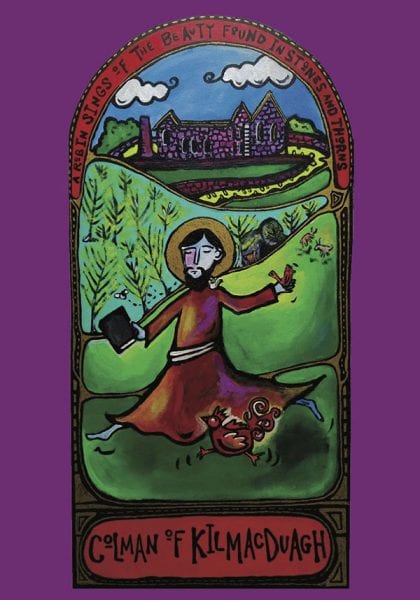
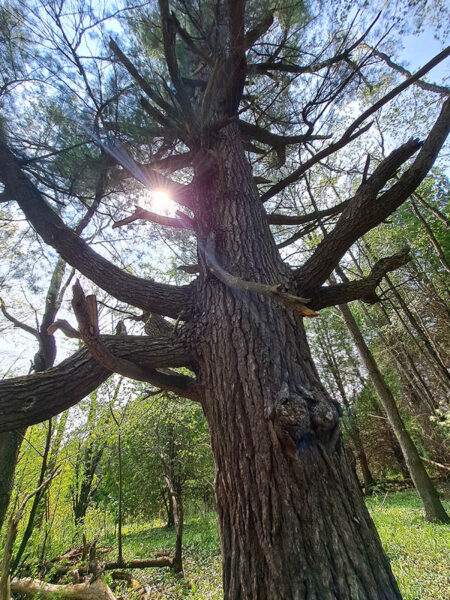
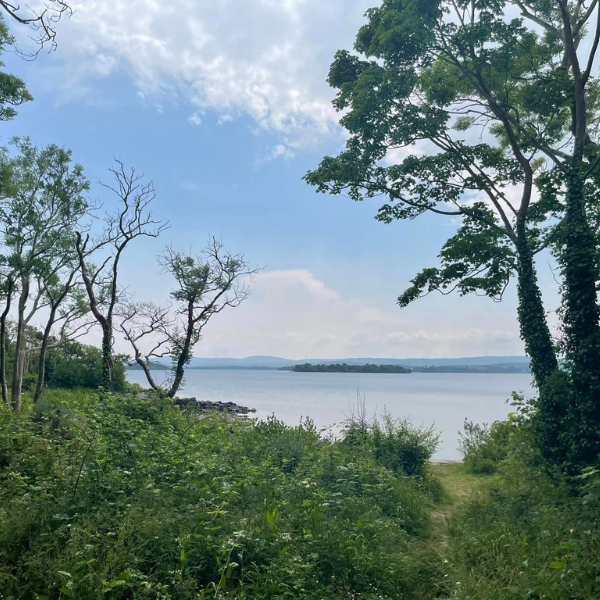
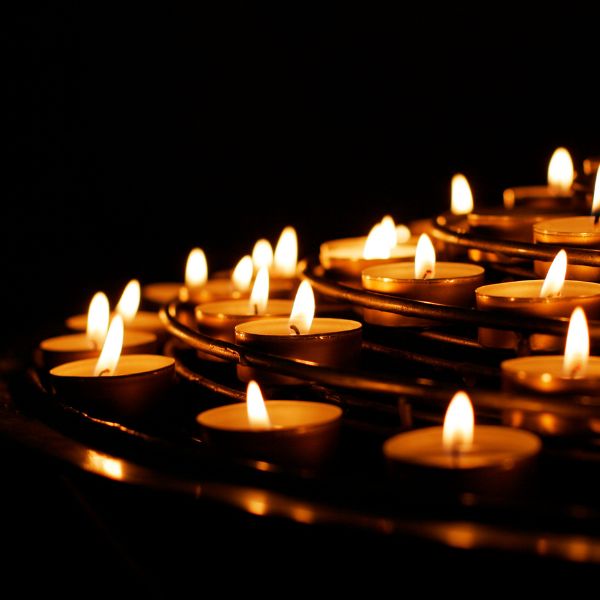
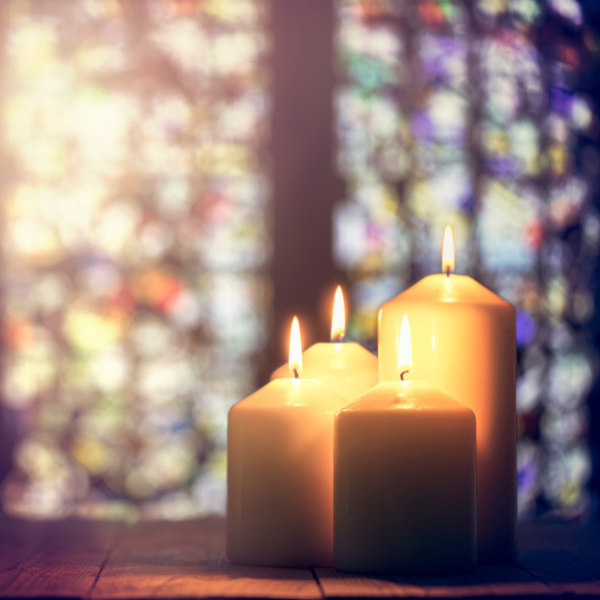
5 Responses
Thank you for these words and practices. I have fallen in love with the pan flute.
http://www.youtube.com/watch?v=yOaoUx0Mc0Q&feature=share
I also had meant to offer my sympathies for Petunia as someone who has shared life with some wonderful dogs.
I’ve never heard of the practice of peregrinatio — though it captures my imagination. It leaves me wondering what my oars are and how I might let them go in this season. I’m really looking forward to be making this journey with you in your online class. Thank you.